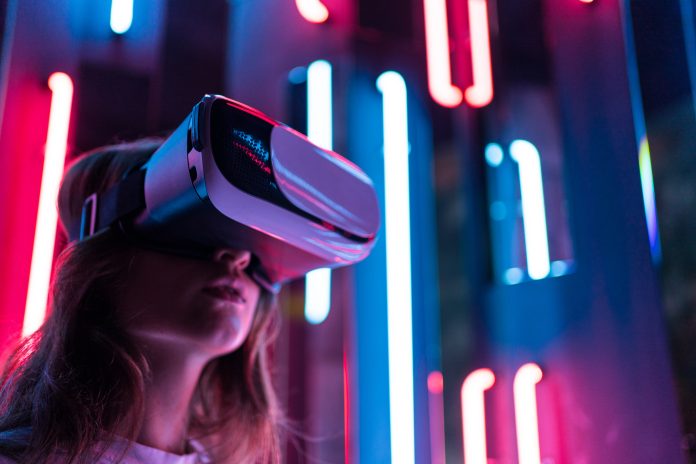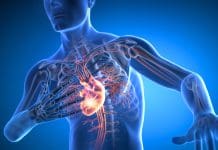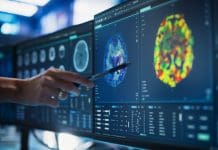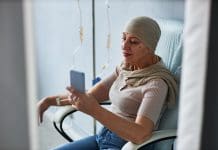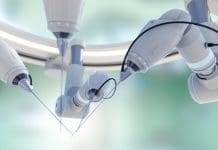The National Institute for Health and Care Research Great Ormond Street Hospital Biomedical Research Centre (NIHR GOSH BRC) is developing a new virtual reality (VR) game to help children rehabilitate after brain tumour treatment
The NIHR GOSH BRC has awarded £75,000 to Sheffield Hallam University to develop a virtual reality (VR) game that will support children undergoing neurorehabilitation following treatment for brain tumours.
The study will be led by researchers with expertise in game development at Sheffield Hallam University. They are partnering with Great Ormond Street Hospital, Sheffield Children’s NHS Foundation Trust, and the University of Sheffield, ensuring a comprehensive approach to the project.
Developing an immersive VR system for brain tumour recovery
Brain tumours are the second most common cancer type in children. Each month, over 30 children in the UK are diagnosed with a brain tumour, impacting them and their families. With a survival rate of up to 75% for five years or more after diagnosis, neurorehabilitation is essential for improving function, quality of life, and participation.
The team will develop an immersive VR system that will serve as a supplementary tool in the recovery process. It will help children with physical symptoms following brain tumour surgery, such as muscle weakness, movement, coordination, and balance difficulties. The game will not replace traditional rehabilitation methods but will enhance the experience and make it more engaging for the children.
Professor Thomas Voit, NIHR GOSH BRC Director, said: “The Paediatric Excellence Initiative links up leading children’s hospitals across the UK for projects just like this – opportunities to use the latest science and technology to improve care for children and young people. We’re thrilled to fund this project to explore the next steps in neurorehabilitation recovery in a fun and innovative way, drawing on the expertise of our different organisations.”
Ivan Phelan, Principal Research Fellow at Sheffield Hallam University, said: “Neurorehabilitation can be incredibly complex, particularly when it comes to engaging young people in their recovery. Our research into virtual reality has shown that by turning exercises into immersive games, patients are not only more motivated, but they’re also doing their physical rehabilitation without even realising it. It can transform therapy into something enjoyable rather than a chore.
“Our goal is to make neurorehabilitation more accessible, engaging, and efficient, ultimately helping patients regain function more quickly and reducing waiting times in healthcare.”
Exciting step forward for enhancing recovery
The new study will build on the Impact VR lab’s multi-award-winning system, Luna’s Light, which features interactive scenarios, engaging narratives, activities, and puzzles that align with the exercises required for upper limb motor functional recovery, such as stretching, bending, and rotating. This approach helps keep players motivated and more likely to adhere to their treatment and has been found to reduce pain during therapy and improve motor function.
The team aims to develop an enhanced version of Luna’s light for the rehabilitation of complex brain tumours. It will be created in close collaboration with staff, families, and patients to provide structured and personalised exercise programs tailored to an individual’s abilities and needs following treatment.
The system will also explore integration with wearable devices to assess exertion levels and monitor broader health benefits through outcome measures. It will be developed over 18 months and designed and tested with patients and their families throughout the development process at Great Ormond Street Hospital and Sheffield Children’s NHS Foundation Trust.
Professor Paul Dimitri, Professor of Child Health Technology and Director of Innovation and Child Health Technology at Sheffield Children’s NHS Foundation Trust, said: “Harnessing the power of virtual reality in paediatric neurorehabilitation is an exciting step forward in enhancing recovery for children post brain tumour treatment. By integrating engaging and immersive therapy into their rehabilitation journey, we can help young patients regain function more effectively while making the process more accessible and motivating.
“The NIHR HealthTech Research Centre in Paediatrics and Child Health and Sheffield Children’s NHS Foundation Trust are proud to be working in collaboration with Great Ormond Street Hospital on this ground-breaking project, which will undoubtedly improve the lives of those most in need and set a new standard for paediatric rehabilitation.”

